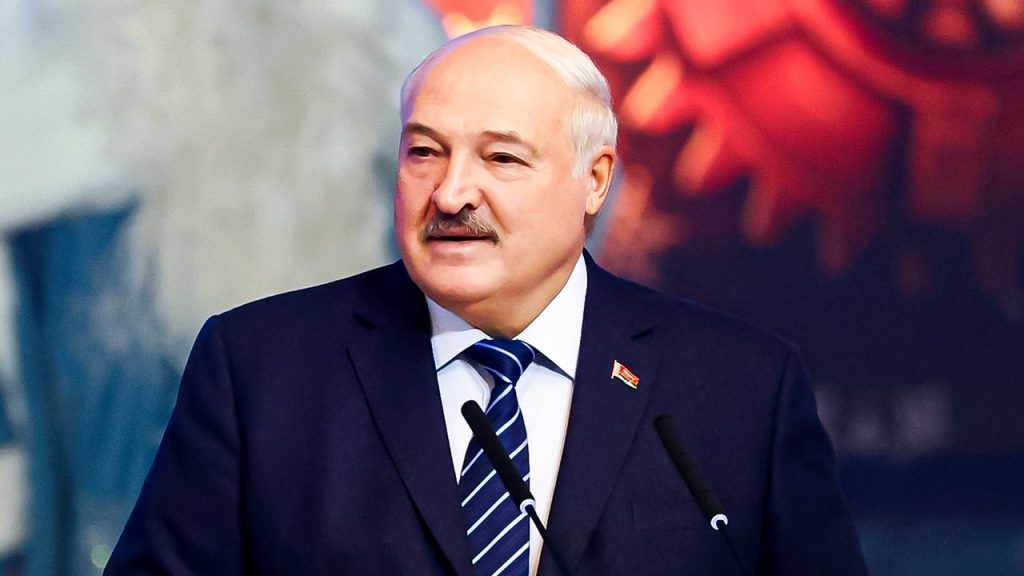The Belarusian parliament has voted to suspend the country’s participation in the Conventional Forces in Europe treaty, which was once a key security doctrine for the continent. Introduced by President Alexander Lukashenko earlier this month, the bill could allow Belarus to expand its military. The treaty, signed in 1990, aimed to maintain a military balance between the West and countries that were part of the Cold War-era Warsaw Pact. However, Russia withdrew from the treaty in November 2023, leading NATO countries to follow suit. Belarus hosts Russian tactical nuclear weapons and has been used as a staging point for sending troops to Ukraine.
Belarusian lawmakers unanimously approved the bill calling for the suspension of the treaty, and Lukashenko must now sign it for it to become law. The treaty placed limits on tanks, combat vehicles, warplanes, and heavy artillery that could be deployed in Europe. The Belarusian Defense Ministry states that the treaty mandated a maximum of 100,000 troops and personnel in the armed forces, but currently, there are only 63,000 troops and personnel, with 300,000 men in the reserve. Military experts suggest that suspending participation in the treaty could allow Belarus to grow its army and amass more weapons, but it is not a definite outcome.
The country’s withdrawal from the treaty could be seen as a response to Russia’s discontent over Belarus still officially being a part of the agreement. Alexander Alesin, a military analyst in Minsk, explains that Russia was displeased with Belarus’ continued participation in the treaty. Alesin believes that Belarus untying its hands from the treaty does not automatically mean an increase in the number of conventional weapons in the country. However, the deployment of tactical nuclear weapons by Russia in Belarus could be more alarming to neighboring NATO countries.
Belarus, as an ally of Russia in the war in Ukraine, has not directly involved its forces in the conflict but has been utilized as a strategic base. The suspension of Belarus’ participation in the treaty may pave the way for the country to further align itself with Russia and expand its military capabilities. The decision reflects a shift in security dynamics in Europe with countries taking actions independent of longstanding agreements. As tensions continue to escalate in the region, the impact of Belarus’ decision on the broader security landscape remains to be seen.
In summary, the recent vote by the Belarusian parliament to suspend its participation in the Conventional Forces in Europe treaty marks a significant shift in the country’s military policy. The decision, driven by President Lukashenko, could potentially allow Belarus to enhance its military capabilities and further align itself with Russia in the ongoing conflict in Ukraine. The withdrawal from the treaty raises concerns among neighboring NATO countries and could impact the security dynamics in Europe. The suspension of the treaty reflects the changing geopolitical landscape in the region, with countries taking independent actions to address security challenges. The full implications of Belarus’ decision are yet to be fully understood, but it underscores the complex dynamics at play in the region.













